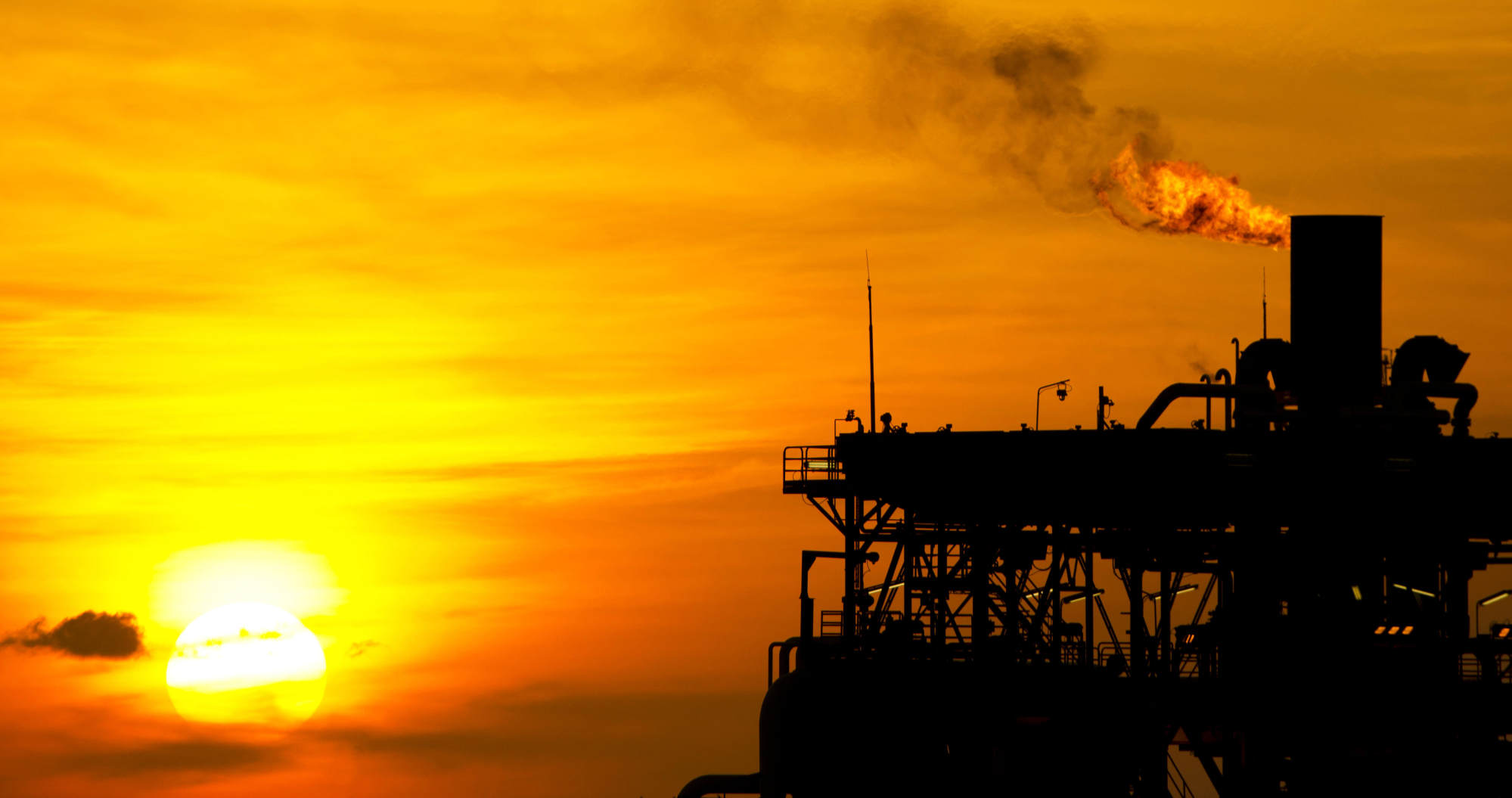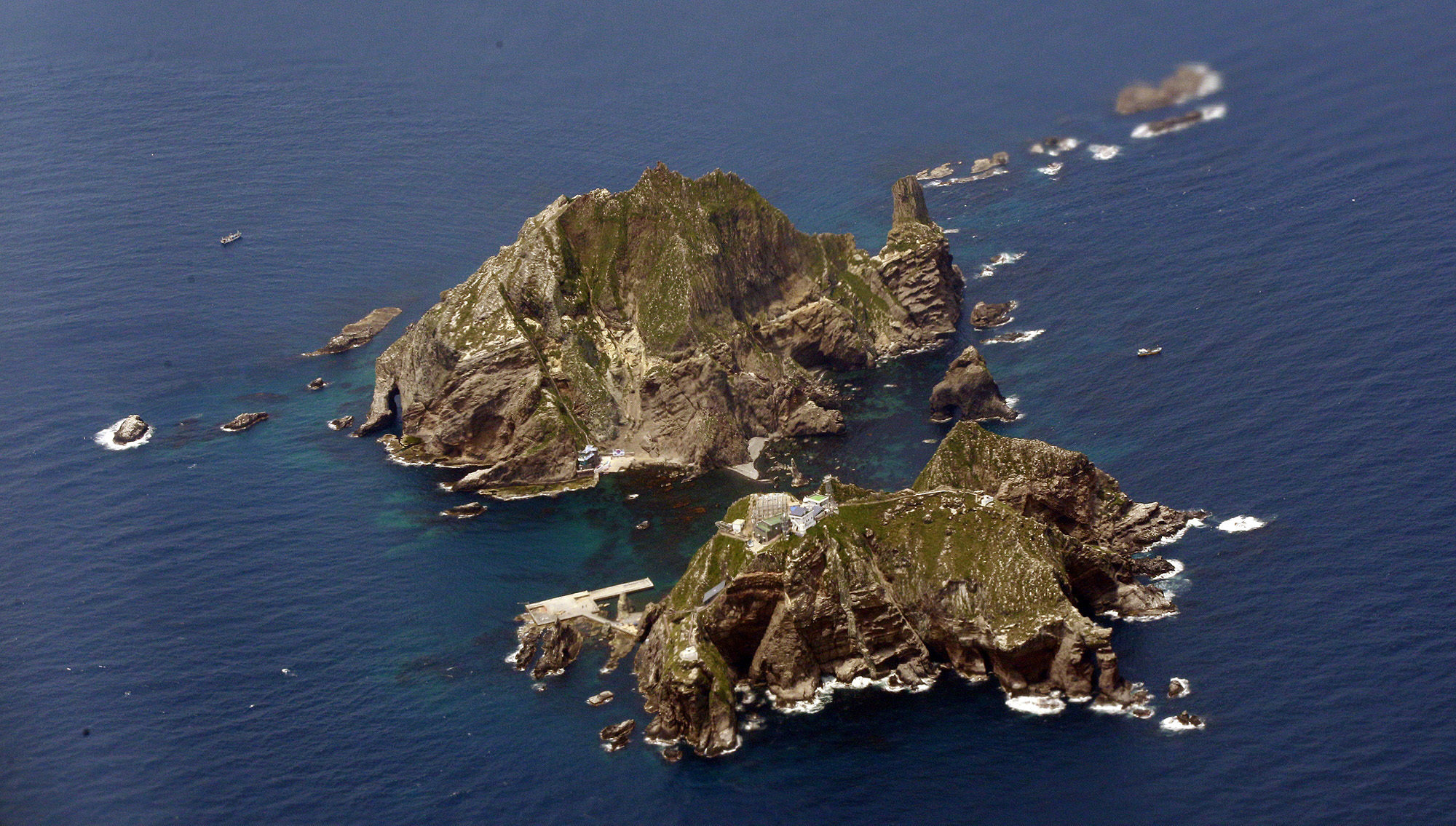
Japan-South Korea ties under scrutiny over future of continental shelf in East China Sea
- Seoul is concerned it may lose out if Tokyo claims a large portion of Block 7, an underexplored zone in the East China Sea that could hold vast oil reserves
- Analysts say both sides could take a hard line against the Block 7 issue and other territorial disputes to whip up domestic support
As a critical bilateral agreement nears expiry in 2028, Japan and South Korea face renewed tensions over Block 7, an underexplored zone in the East China Sea that could hold vast oil reserves, presenting a serious challenge to their recent diplomatic progress.
The South Korean government has expressed concern that Tokyo may not renew the 50-year-old Korea-Japan Continental Shelf Agreement when it runs out in June 2028, instead applying the criteria of a different treaty to claim a larger portion of a 44,618-sq-km area of the East China Sea known as the Japan-Korea Joint Development Zone, or simply Block 7.
Block 7 lies due south of South Korea’s Jeju Island and to the west of Kyushu and the Okinawa archipelago. While surveys have been conducted in the area since the agreement was signed in 1978, there has been no large-scale effort to exploit the oil reserves that lie beneath its seabed.
“Japan has refused to develop this area together with Korea,” said Yuji Hosaka, a professor of history and politics at Seoul’s Sejong University.
“This is because in 1994, the United Nations Convention on the Law of the Sea [UNCLOS] came into force and, under the terms of that international agreement, Japan will be able to claim up to 90 per cent of [Block 7] as its territory,” he told This Week in Asia.
“Japan is just waiting now and Korea is concerned that it could lose out,” he said.
If the Korea-Japan Continental Shelf Agreement is not extended, the area previously covered under the treaty would be subject to a new delimitation process based on UNCLOS terms, under which Japan would be able to claim rights over most of the waters in question.
Studies indicate reserves in the area could be significant, with a Japanese survey conducted in the 1970s estimating that it holds some 6.3 million barrels of oil. A subsequent examination in 2004 by experts from the Woodrow Wilson International Centre for Scholars suggested it could contain US$6.8 trillion worth of oil reserves, which would be 10 times more than the natural gas deposits of Saudi Arabia and four times greater than the amount of oil in the United States.

Accessing deposits on such a scale would be a solution to Japan’s growing energy requirements and reduce its reliance on expensive imports.
The relatively shallow waters of the region are also likely to contain minerals and other rare earth elements that are critical to the country’s domestic industries but are, at present, dependent on the willingness of producer nations to sell to Japanese companies. China is one of the largest exporters of rare earths and has, in the past, reduced exports at times of diplomatic tensions with Tokyo.
Although the treaty expires in four years, both parties must issue a notice of intent to extend before June 2025. And the looming deadline comes at a precarious point in bilateral relations.
Since assuming office in 2022, South Korean President Yoon Suk-yeol has worked hard to improve relations with Tokyo that had plummeted under former leader Moon Jae-in. But recently, some of those old animosities have bubbled to the surface once again.
Familiar frictions resurfaced this week when a Seoul court approved the transfer of funds from a Japanese company held in South Korea to a former colonial-era forced labourer. Japan insists the payment should not have gone ahead that all issues of reparations were settled under a 1965 treaty that normalised its bilateral relations with South Korea and saw Tokyo pay US$300 million in redress.
South Korea responded with similar anger on Thursday when Japan held an event to reiterate its claims of sovereignty over a group of islets halfway between Japan and the Korean peninsula. Seoul claims the islets, which it refers to as Dokdo, are under its control, but Tokyo continues to insist they should be handed back.
Japanese Foreign Minister Yoko Kamikawa suggested in a parliamentary session earlier this month that Tokyo might consider renegotiating the 1978 agreement.
There have been no moves to open formal discussions of the issue, however, and the nearer the expiry of the pact gets, the more concerned Seoul is likely to become.
An article published on February 14 by Yonhap News quoted a South Korean government official as saying that Tokyo would need Seoul’s consent to harvest the natural resources in the area even after the pact expires, although it is possible that Japan might see the matter differently.
“The situation between Seoul and Tokyo is getting difficult once again,” said Hosaka, expressing concern that Yoon could take a strong line on the Dokdo dispute and the Block 7 issue to whip up support from conservatives and nationalists ahead of the Korean election in April.

In a similar vein, Japanese Prime Minister Fumio Kishida, who is languishing badly in public opinion polls due to the scandals plaguing his political party, might push back to burnish his own credentials with the voting public at home.
James Brown, a professor of international relations at the Tokyo campus of Temple University, believes the Block 7 situation could easily be turned to the benefit of both countries and, more broadly, security in northeast Asia.
“In theory, it appears that Japan could go ahead and develop that area after the treaty expires, but this comes at a fraught geopolitical time, which means the issue could push the two sides together instead of apart,” he said.
“These countries have deep shared concerns over North Korea, China and Russia, so an area of friction could be quite an opportunity if it is dealt with in a diplomatic way and not confrontationally,” he said.


